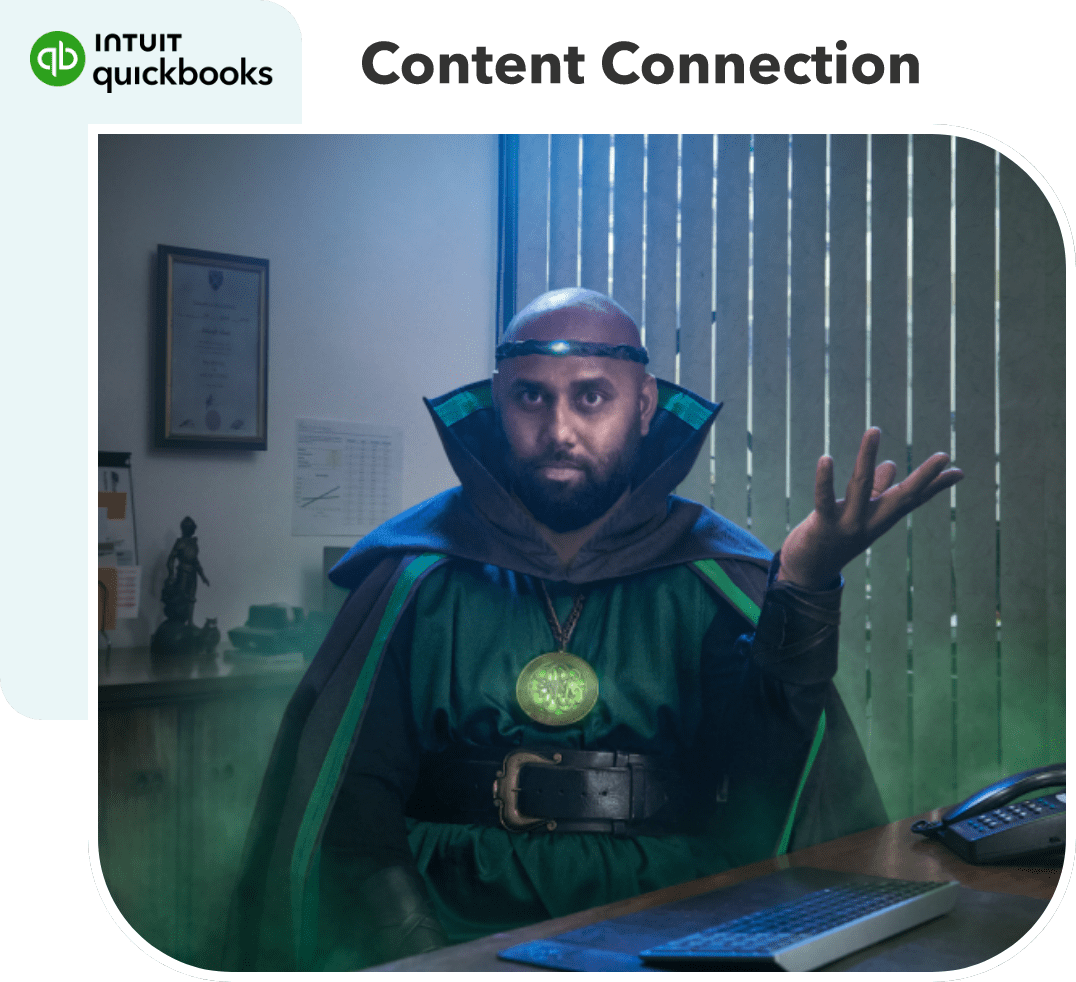QuickBooks Content Connection
Dedicated resources, inspiring stories and the latest industry news & views
EXPLORE NOWThe benefits of turning social

We live in a highly digitised world.
The development of digital technology has profoundly altered the way we capture, process and store data.
It has changed the way we lead our everyday lives; the way we shop, the way we eat and even the way we think.
But the digital revolution has also changed the nature of work for accountants and pushed them into new, thought-provoking and exciting roles.
Part of this revolution is the growth in prevalence of social media. And although Facebook and Twitter aren’t new platforms, their relevance is constantly evolving.
Social media has become a must have for small businesses, including small accountancy practices.
It is used for acquisitions, for building connections, for brand management, as a communication tool, a customer service tool, and more.
The possibilities are immense. But apart from the inherent flexibility and agility, the benefits of social media really depend on your individual goals, says Jessica Hart, social media and community lead at Intuit Australia.
“There is so much to gain from moving into the digital space, particularly the social space. It’s a benefit that you can take advantage of without having to commit a scarily large amount of resources,” she says.
Ms Hart reminds that while the role of an accountant has always been to facilitate the needs of their clients, today this could very well mean turning social.
But apart from simplifying the course of communication between an accountant and a client, social media can also help accountants save time and grow their customer base with the speed of a click.
“When you are on these networks you no longer have to think about how and where you are going to find your clients and engage with them,” Ms Hart explains.
“Facebook, for example, is a platform that every person literally has in the palm of their hands, on their phone.”
Social media also has the power to dictate a firm’s revenue growth.
A lack of digital activity, Ms Hart warns, can make growth a challenge.
“A lot of people these days, especially the ones that have already become accustomed to the social media space, will abandon your brand if you’re not active,” she says.
“Research shows that 50 per cent of users who have reached out to you via their platform of choice, and you haven’t responded to them, are going to be really cranky with your brand.”
This will lead to a loss of brand recognition, and a narrowing of your potential customer base.
Digital networks as a necessity
While many small businesses think of digital networks as a costly and unnecessary commitment, Ms Hart explains that although the process takes time and patience, going digital is not really an option, it is a necessity.
The truth is that those who shun digital platforms, such as social media, will lose out, while businesses that adapt and adopt will reap the rewards.
“Going digital can be as costly or non-costly as you want it to be. With social media, the control is in your hands,” advises Ms Hart.
“Before you go and set up an account or, if you have one, before you up your usage, analyse your budget and the time you have to spare. Base your strategy and your actions on these answers.”
She notes that a digital transformation is a competitive advantage.
“If you look at it from a marketing lens, it is such an effective acquisition and retention tool. Truth be told your competitors are probably on social and by staying off you are losing that opportunity. You are losing more by being offline than you are being online,” Ms Hart clarifies.
She cautions that businesses can also lose their relevance if they chose to shun digital networks. Without a digital presence, Ms Hart explains, accountancy practices can become lost in a sea of fast-moving strategy.
But besides social media, other invaluable digital platforms include product review pages, blogs and forums, and community groups.
These allow accountancy practices to capture different ideas, views and communicate with likeminded people.
“Reviews can mean a lot to small accounting firms. There are so many sites that they can set up themselves and manage them for a little cost. In return, they capture the views of their customers,” Ms Hart says.
She reminds that although in today’s age everything is available online, “it is about the quality you give to people and not the quantity”.
“Focus on giving your customers something of value. And remember, it is entirely in your control,” Ms Hart concludes.
Want more time to work on, not in, your practice?
Leave your details to get access to a range of time saving tools from Intuit QuickBooks.Latest Articles


 Login
Login








